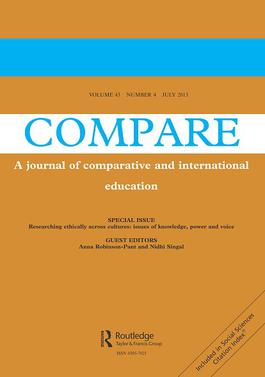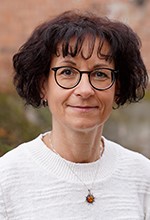Main Content
Economy and Civil Society
The Research Area examines how spaces are constructed and transformed by interactive, innovative, creative, knowledge-based and entrepreneurial activity. It focuses on the complex interaction of civil society, public and private sector actors. The research focus thus pursues the goal of better understanding socio-spatial transformation processes towards a digitalised knowledge and innovation society as well as the interaction between global processes and their local effects, and to identify the related challenges. Research topics include the emergence and spatial diffusion of new ideas, novel forms of gainful and non-gainful employment, digital social innovations and social initiatives, as well as globalisation processes in the knowledge economy. Through interactive knowledge transfer, the Research Area supports cities and regions in shaping socio-economic transformation processes, increasing their adaptability to overarching developments of globalisation and digitalisation, and developing strategies for dealing with new spatial inequalities. The expertise offered by the Research Area addresses decision makers in politics, businesses and civil society, from the local to the supranational level, who deal with topics of economic development, regional development policy, rural development and innovation promotion as well as higher education policy.










